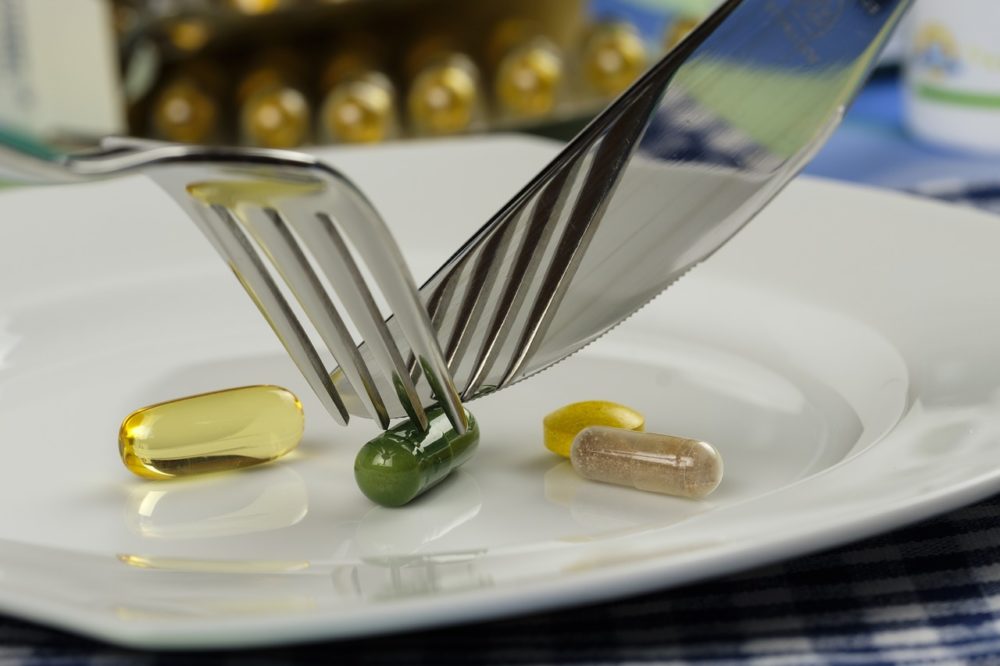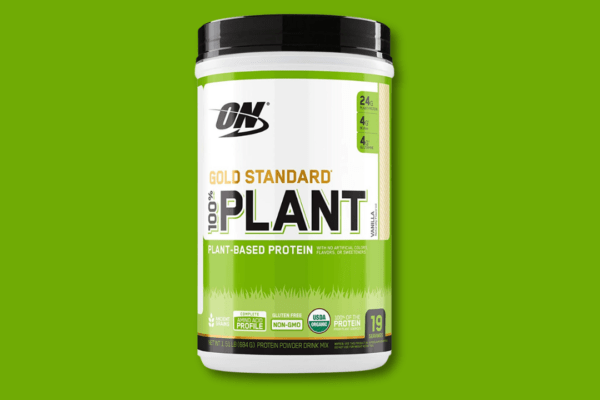The age-old debate between supplements and food still continues with the question which one is better, whether synthetic products provide the same or more nutrients than natural produce. Many people take multivitamins and other supplements on a regular basis for variety of reasons. While, supplements may be useful for certain health conditions or during particular ages of your life, experts warn against frequent use of them.
Whole foods and other natural produce are loaded with medley of nutrients providing fiber, antioxidants and other such compounds to help your body and immune system stay fit and strong. Multivitamins and supplements can give you these too, but not to the same extent or in the right combination. Supplements are also used to treat different deficiencies such as lack of vitamin D, or help you cope with a digestive disorder like lactose intolerance. Even so, supplements do not stand as substitutes for food, can have long-term side affects associated with vomiting and diarrhea or kidney or liver problems.
Who can really take supplements?
Not everyone needs to take supplements. If you are generally healthy and don’t have nutritional holes to fill, or don’t suffer from certain medical conditions that require additional support, you’re just fine without extra vitamins.
Multivitamins or supplements not really become “necessary” but can be helpful for some people and others with certain conditions. Few instances where taking supplements make sense include:
- Older adults over the age of 50 can take multivitamins to supplement their deficiencies of vitamin B-12, vitamin D, etc.
- Pregnant women sometimes need supplements of folic acid and iron.
- Dietary supplements taken to manage milk allergy or lactose intolerance or have a condition that makes it difficult to absorb the nutrients.
- Sometimes vegans or vegetarians make use of supplements to fill different category of food like sea food, by taking omega-3 pills.
- Women with calcium deficiency, especially when they hit 35, experiencing bone loss.
Too much of it can be bad
Supplements carry potential harm if they’re frequently included in your diet which can be counterintuitive. Some nutrients taken through them are toxic at high doses. For example, regular intake of Vitamin A and Vitamin D can damage the liver or cause birth defects and damage kidneys respectively. High dose of fish oil capsules can cause hemorrhagic stroke.
Other supplements like vitamin B6 when taken more than needed can lead to nerve problems that cause pain and numbness in the hands and feet.
Now, the main question that stand is whether supplements contain the same vitamins and minerals as food, why is loading up on natural produce like green vegetable and fruits spinach still the superior option?
Experts reveal that, “there’s a lot more nutritional punch foods that the supplement doesn’t contain since the trace elements that are part of natural foods aren’t contained in supplements. They simply can’t replicate the wide array of benefits and nutrients of real foods and the fiber and other vitamins they contain.”
Natural fresh produce, fruits, vegetable and grains still make up as the foundation of good health and wholesome diet.
In summary
If you do decide to take multivitamins or different supplements, talking to your doctor first would be the best initial step. Although, it’s not necessary to take such medications, few targeted supplements can make a significance improvement in your health. Supplements can have harmful effects and it’s better to have a prescription to go about it. Also, avoid taking over-the-counter pills if you’re not sure about the certain combinations.
To Read More Nutrition Blogs.




